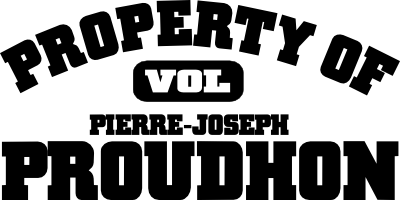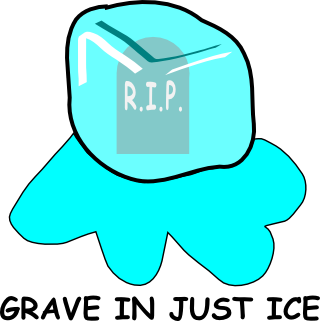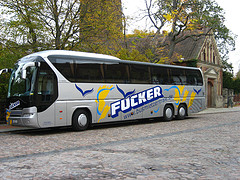In the last week, Nicholas Negroponte gave this unfortunate interview decrying "open source fundamentalism" and hinting the possibility of a warmer relationship with Microsoft. Predictably, this has elicited an ongoing response by OLPC News and on the OLPC development mailing lists.
Just a few days before Negroponte’s statements hit the press, I gave a talk at Penguicon called Laptop Liberation where I talked about why I thought that OLPC’s use of a free software operating system and embrace of free software principles was essential for the initiative’s success and its own goals of education reform and empowerment. I’ve been saying similar things for some time.
My main point boiled down to something that, appropriately enough, Nicholas Negroponte was fond of saying back when the project was still called the $100 laptop: an extremely cheap laptop is not a matter of if, but of when and how. This technology will define the terms on which students communicate, collaborate, create, and learn. These terms are dictated by those with the ability to change the software — by those with access to computers, the source necessary to make changes, and the freedom to share and collaborate.
Constructionism — OLPC’s educational philosophy — is about putting powerful tools and control over those tools into the hands of learners. It is about learning through exploration and creation — about shaping one’s own educational environment. Constructionist principles bear no small similarity to free software principles. Indeed, OLPC’s stated commitment to free software did not happen by accident. OLPC convincingly argued that a free system was essential for creating a learning environment that could be used, tweaked, reinvented, and reapplied by its young users. Through these processes, the XO becomes a force for learning about computation and an environment through which children and their communities can use technology on their terms and in ways that are appropriate and self-directed.
We know that laptop recipients will benefit from being able to fix, improve, and translate the software on their laptops into their own languages and contexts. Much more importantly, however, are all of the uses for the laptops that OLPC has not — and can not — think up. OLPC is a powerful tool for learning, but ultimate power is only in the hands of those that can freely use, change, and collaborate in defining the terms of their learning environments. In its commitment to software freedom, OLPC chose not to be arrogant by assuming that it knows how its users will use their laptops. Flexible environments designed for constructionist learning and a free software platform protect against this arrogance.
Constructionism and free software, implemented and taught in a classroom, offer a profound potential for exploration, creation, and learning. If you don’t like something, change it. If something doesn’t work right, fix it. Free software and constructionism put learners in charge of their educational environment in the most explicit and important way possible. They create a culture of empowerment. Creation, collaboration, and critical engagement becomes the norm.
OLPC does not get to choose if educational technology happens. If we work hard at it though we might get to influence the "how" and the "who." Proprietary software vendors like Microsoft want the "who" to be them. With free software, users can be in power. What’s at stake is nothing less than autonomy. We can help foster a world where technology is under the control of its users, and where learning is under the terms of its students — a world where every laptop owner has freedom through control over the technology they use to communicate, collaborate, create, and learn.
This, to me, is the promise of OLPC and its mission. It is the reason I’ve been involved and in support of the project since nearly day one. It is the reason I left Canonical and Ubuntu to come back to school at MIT to be closer to the then nascent unincorporated project. It is the reason that OLPC’s embrace of constructionist philosophy is so deeply important to its mission and the reason that its mission needs to continue to be executed with free and open source software. It is why OLPC needs to be uncompromising about software freedom.
As an adviser and sometimes contractor to OLPC, OLPC does not need to listen to me. But I hope, for all our sake, that they do.
Update: Richard Stallman and the FSF have published another essay on the same topic focused more on pure free software (i.e., less education specific) objections.




































